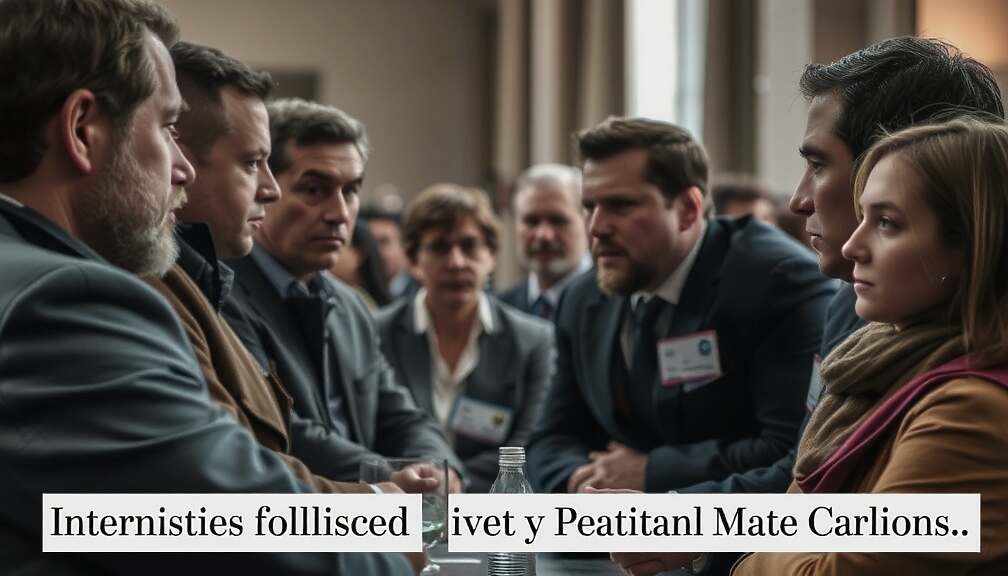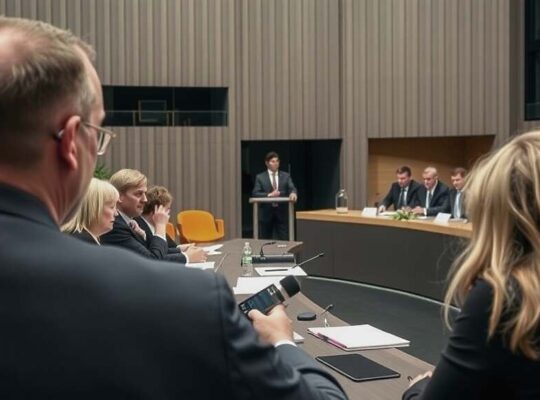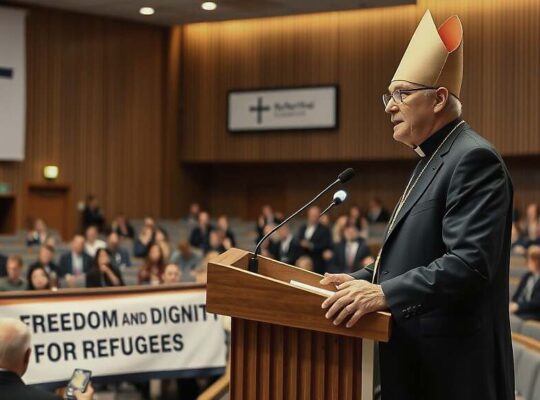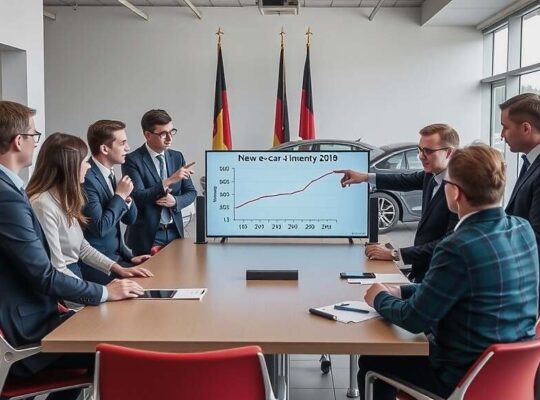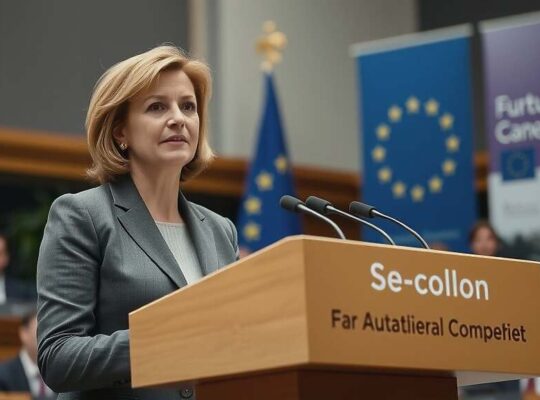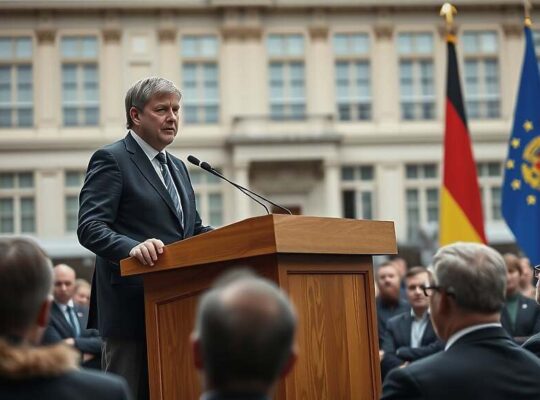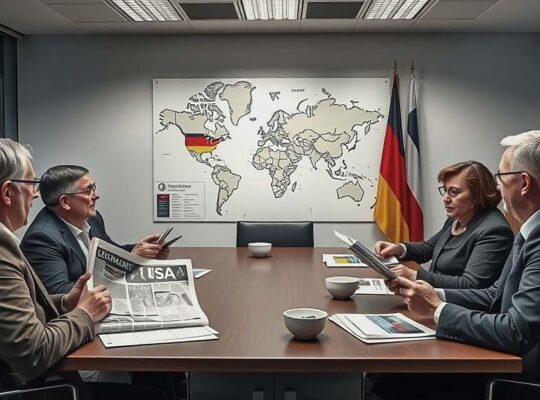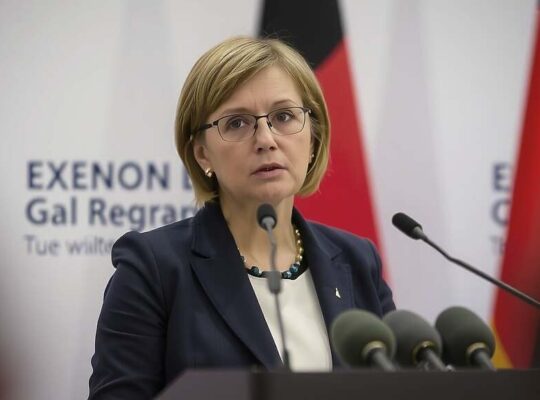Germany’s involvement in potential peacekeeping operations within the Gaza Strip faces significant internal dissent, with Bundestag Vice President Omid Nouripour (Green Party) voicing strong reservations against deploying German troops. In an interview with RTL and n-tv, Nouripour stated he “cannot imagine” the Bundeswehr playing a role in Gaza, questioning the purpose of such a deployment.
The Vice President acknowledged Germany’s need to demonstrate a presence in the region, but emphasized that current German influence is limited. He highlighted a broader concern regarding Europe’s declining political clout on the international stage, noting the continent’s absence from key decision-making forums concerning the Israeli-Palestinian conflict. Germany’s contribution, he argued, should initially focus on humanitarian aid, reconstruction efforts in Gaza and bolstering Israel’s security – rather than direct military intervention.
Nouripour also expressed skepticism regarding the immediate recognition of a Palestinian state, suggesting it may not be beneficial for the Palestinian people at this juncture. This stance reflects a cautious approach, prioritizing pragmatic considerations over symbolic gestures.
Regarding the recent discussion concerning lifting the arms embargo against Israel, Nouripour demonstrated a nuanced perspective. While not explicitly opposing the move, he cautioned against jeopardizing crucial security cooperation with Israel, particularly given Germany’s reliance on this cooperation amidst ongoing geopolitical instability, especially concerning the conflict in Ukraine and escalating tensions with Russia. He posed a pointed question: “Does it help on the ground, when German weapons in Gaza play hardly a role, but we are dependent on security cooperation with Israel, because of that? In a situation where we don’t know how things will develop in Ukraine, with drones circling our capitals from Russia and controlled by Russia? Is that perhaps not the wisest idea, to put dependencies at risk like that and at the end of the day also to increase them in an emergency?
Finally, when questioned about whether former US President Donald Trump deserved the Nobel Peace Prize, Nouripour refrained from a definitive answer, deferring to the Nobel committee’s assessment. However, he acknowledged the potential for Trump’s actions, however controversial, to have generated a “moment of hope” suggesting a reluctant recognition of his impact on the international landscape while simultaneously expressing broader concerns about the state of affairs in the United States. His comments underscore a complex interplay of diplomacy, security considerations and political realities shaping Germany’s response to the ongoing crisis.


